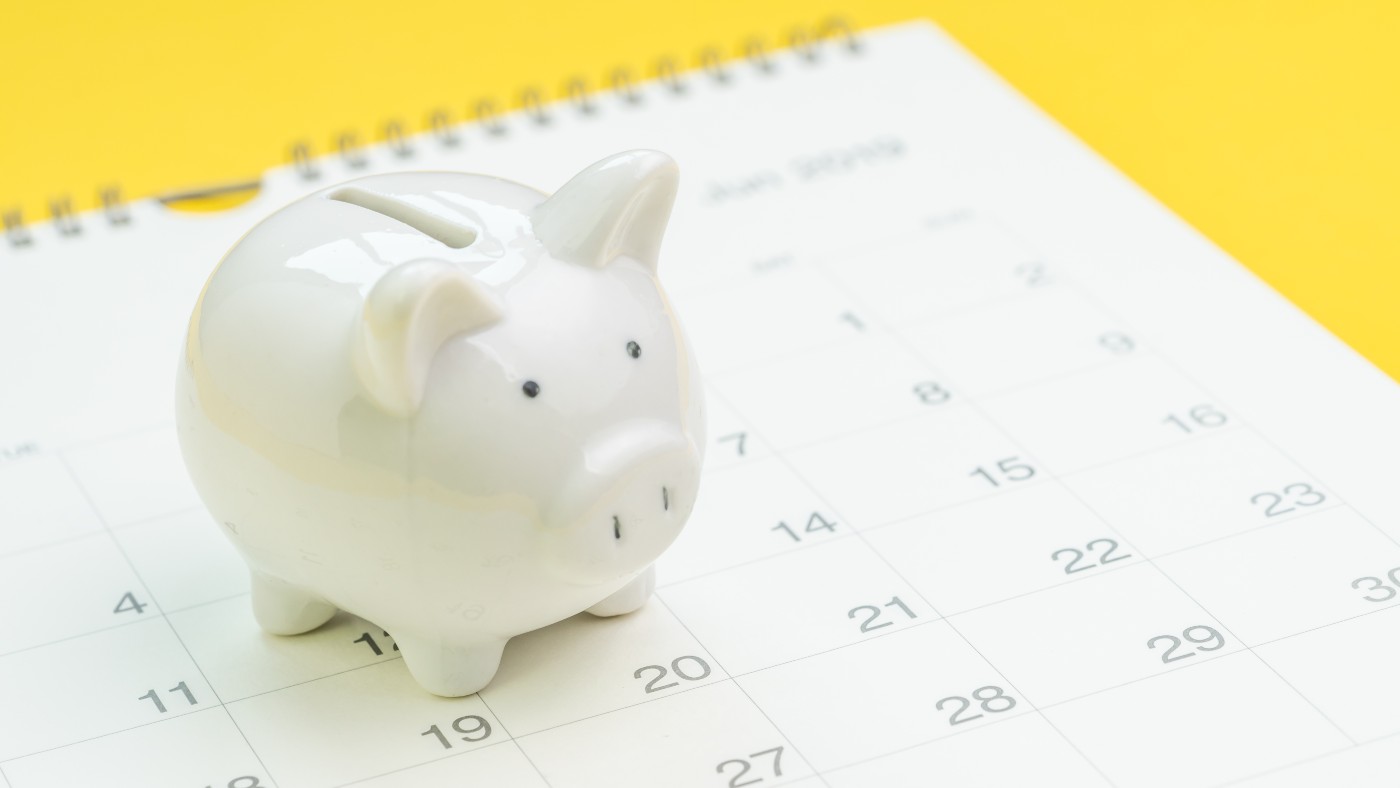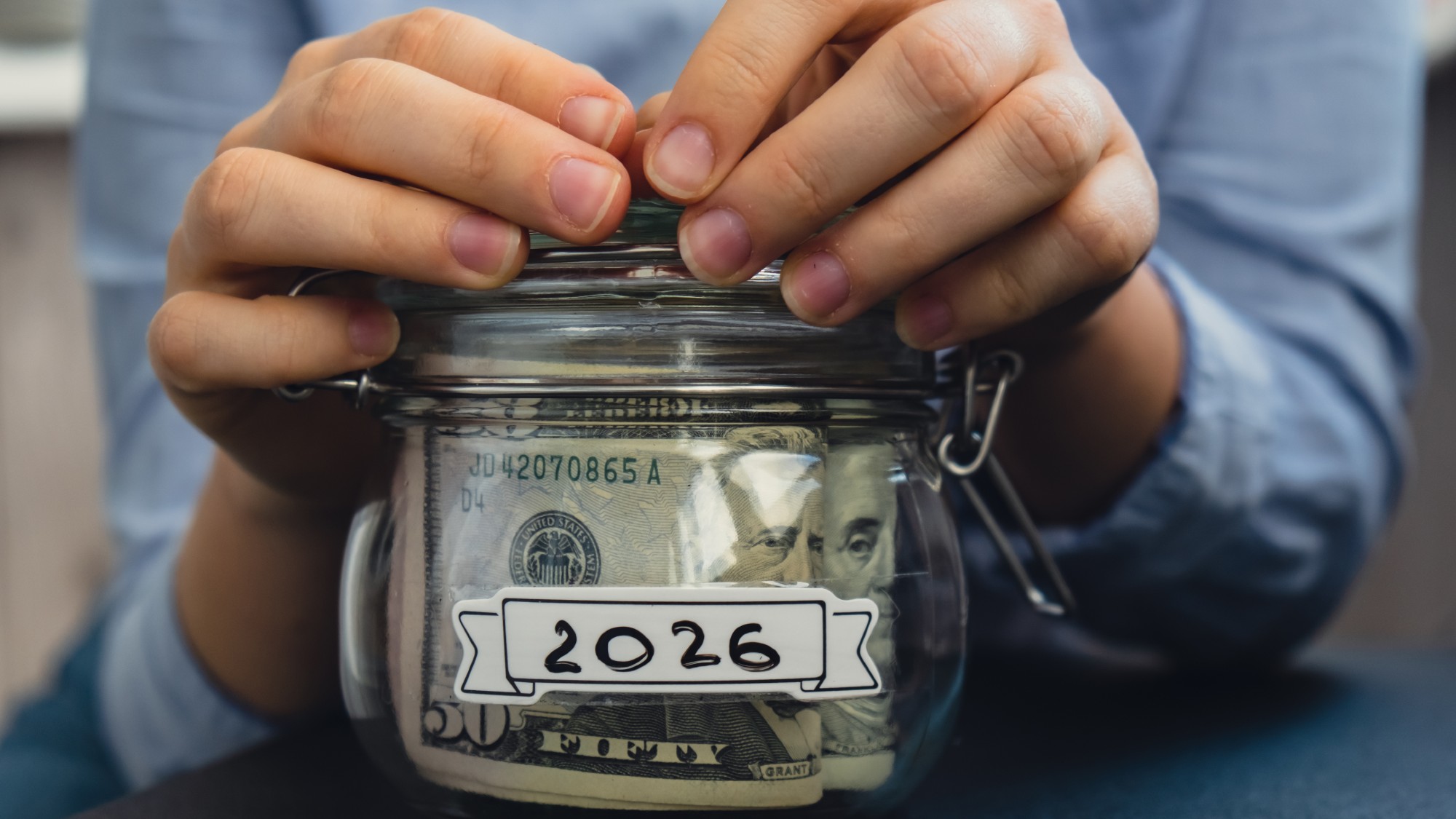How a regular saver account can boost your nest egg
Rates of up to 7% could kickstart your savings habit

A free daily email with the biggest news stories of the day – and the best features from TheWeek.com
You are now subscribed
Your newsletter sign-up was successful
Banks and building societies are climbing the best-buy tables with attractive regular saver accounts, so should you sign up for one?
Savers can get rates of up to 7% on a regular saver account, which can be a "great way to get into the savings habit", said The Times Money Mentor, if you don’'t have a lump sum to invest. You can set up a direct debit so the money comes out of your account each month like any other bill, but this is "one you will benefit from in the future".
There are catches though, said ThisIsMoney, which can "trip up unwary consumers".
The Week
Escape your echo chamber. Get the facts behind the news, plus analysis from multiple perspectives.

Sign up for The Week's Free Newsletters
From our morning news briefing to a weekly Good News Newsletter, get the best of The Week delivered directly to your inbox.
From our morning news briefing to a weekly Good News Newsletter, get the best of The Week delivered directly to your inbox.
How a regular saver account works
Regular savings accounts offer ways for savers to "save little and often", explained CompareTheMarket. You commit to depositing money each month and "could get a higher interest rate" than an ordinary account.
The accounts require customers to pay a "set amount each month", explained Moneyfacts, and interest is "typically paid on an annual basis".
These accounts can offer "top rates for feeding them every month", said MoneySavingExpert, but they "tend to impose rigid terms and conditions".
What rates can you get on a regular savings account?
The top rate for a regular saver account is currently 7% from First Direct, according to Moneyfacts, and you can also get rates of 6.25% from Lloyds Bank and 5.5% from Coventry Building Society.
A free daily email with the biggest news stories of the day – and the best features from TheWeek.com
The actual return will depend on how much you are saving though.
Calculating regular savings interest is a "complex process", added the comparison website. Rather than earning interest on one lump sum, the money is being "drip-fed into the account", so you could have an annual interest rate of 3% "but only earn the full yearly amount on the initial deposit".
Ultimately, this may mean savers earn less interest than they originally think. Every time the regular saver account is topped up, only a fraction of the headline rate may be earned per month.
The "actual interest" you'll earn will be about half the given rate, explained CompareTheMarket, because it is based on "money in your account at the time, not the final lump sum".
Pros and cons of a regular saver account
A regular savings account "might be for you", said MoneyHelper, to help build a savings habit and if you are saving for a "special event" or just want "more interest" than a current account or ordinary savings account.
However, the top accounts are "usually reserved" for existing customers, said CompareTheMarket, to "reward loyalty", so you may need to have opened a current account first.
Check for "certain restrictions", said Moneyfacts, such as "low maximum investment limits" and overall caps, plus you may be penalised for missing a payment or unable to access your money until the end of the term.
Keep an eye on the rate, said The Times Money Mentor, as the high rates on offer are often 12-monthly introductory rates "before they drop".
Some may be variable and could "change at the provider's whim", added MoneySavingExpert, so be ready to "switch away".
Typically, people can only have one regular saver with an individual bank at any time.
However, if you can afford to save more, "there is nothing to stop you" opening regular savers with different providers, NerdWallet reported. "It may just mean "you need to open more current accounts to get the best rates".
Marc Shoffman is an NCTJ-qualified award-winning freelance journalist, specialising in business, property and personal finance. He has a BA in multimedia journalism from Bournemouth University and a master’s in financial journalism from City University, London. His career began at FT Business trade publication Financial Adviser, during the 2008 banking crash. In 2013, he moved to MailOnline’s personal finance section This is Money, where he covered topics ranging from mortgages and pensions to investments and even a bit of Bitcoin. Since going freelance in 2016, his work has appeared in MoneyWeek, The Times, The Mail on Sunday and on the i news site.
-
 The problem with diagnosing profound autism
The problem with diagnosing profound autismThe Explainer Experts are reconsidering the idea of autism as a spectrum, which could impact diagnoses and policy making for the condition
-
 What are the best investments for beginners?
What are the best investments for beginners?The Explainer Stocks and ETFs and bonds, oh my
-
 What to know before filing your own taxes for the first time
What to know before filing your own taxes for the first timethe explainer Tackle this financial milestone with confidence
-
 How to juggle saving and paying off debt
How to juggle saving and paying off debtthe explainer Putting money aside while also considering what you owe to others can be a tricky balancing act
-
 The pros and cons of tapping your 401(k) for a down payment
The pros and cons of tapping your 401(k) for a down paymentpros and cons Does it make good financial sense to raid your retirement for a home purchase?
-
 Saving for a down payment on a house? Here is how and where to save.
Saving for a down payment on a house? Here is how and where to save.the explainer The first step of the homebuying process can be one of the hardest
-
 Planning a move? Here are the steps to take next.
Planning a move? Here are the steps to take next.the explainer Stay organized and on budget
-
 What should you look out for when buying a house?
What should you look out for when buying a house?The Explainer Avoid a case of buyer’s remorse
-
 What to look for in a reliable budgeting app
What to look for in a reliable budgeting appThe Explainer Choose an app that will earn its place in your financial toolkit
-
 3 smart financial habits to incorporate in 2026
3 smart financial habits to incorporate in 2026the explainer Make your money work for you, instead of the other way around
-
 4 ways to streamline your financial life in 2026
4 ways to streamline your financial life in 2026the explainer Time- and money-saving steps